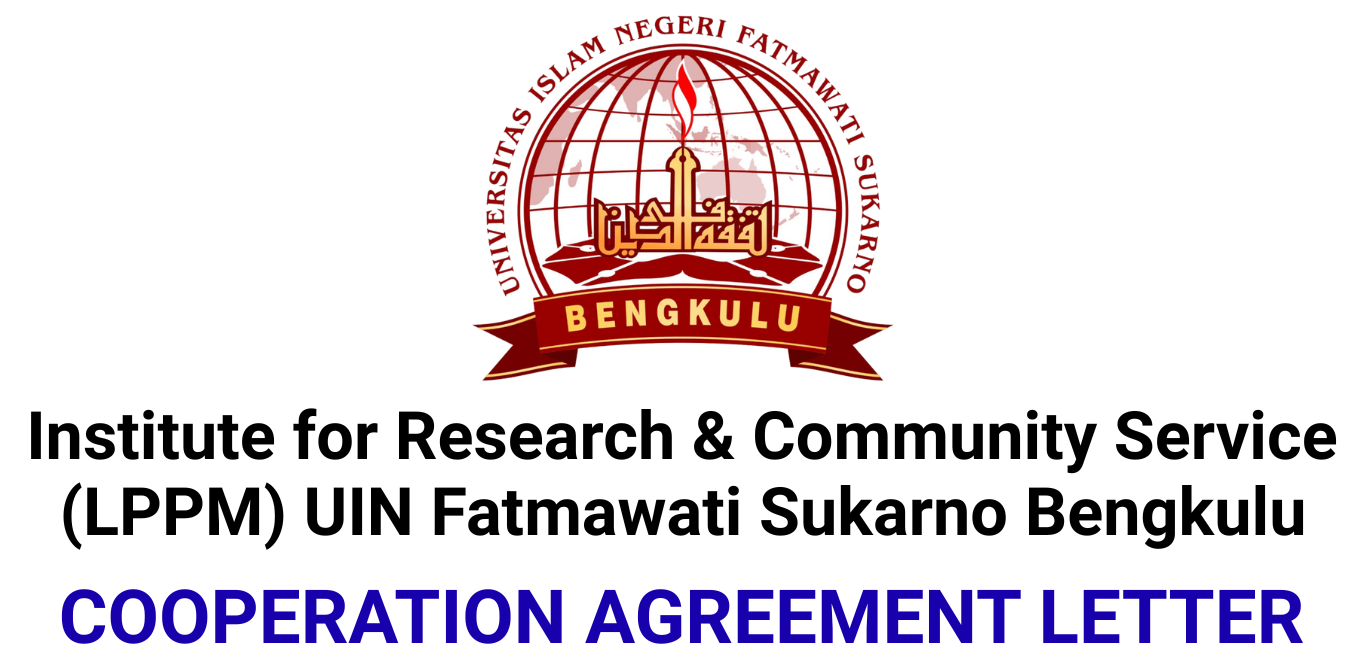Psychosocial Assistance for Elementary School Students Victims of Earthquake through Habituation Program based on Behavioral Approach
DOI:
https://doi.org/10.64420/ijcp.v1i1.81Keywords:
Psychosocial Assistance, Earthquake Victim students, Habituation program, Behavioral approachAbstract
The impact of an earthquake disaster that occurred in Cianjur, left physical and psychological injuries that reduced the school spirit of these students, especially SDN Nagrak Cianjur. The purpose of this study was to determine the effect of psychosocial assistance on elementary school students who were victims of the earthquake through a habituation program based on a behavioral approach. The research method uses descriptive qualitative by conducting a literature review. This descriptive qualitative research was aimed at 312 students with the target of assisting 123 students. Habituation assistance to these students is carried out before entering the classroom and outside the room. The habituation activities that are always carried out are, (1) Opening activities; (2) Prayer reading; (3) Singing; (4) mentoring activities; (5) Games; (6) Closing. The results of the habituation assistance show an increase in the sense of enthusiasm to return to school and motivation to learn for students after the earthquake. This habituation includes the moral development of religious values, morals, socio-emotional development, and independence
References
Aini, N., Esterilita, M., & Rochman, U. H. (2024). Implementasi Layanan Dukungan Psikososial Melalui Terapi Bermain dan Phbs Terhadap Anak Pasca Bencana Erupsi Gunung Semeru di Desa Sumber Mujur, Kabupaten Lumajang, Jawa Timur. J. Abdimas: Community Health, 5(1), 25-35. http://dx.doi.org/10.30590/jach.v5n1.847
Arifa, J. S. N., & Setiyani, R. (2020). Pengaruh pendidikan keuangan di keluarga, pendapatan, dan literasi keuangan terhadap financial management behavior melalui financial self-efficacy sebagai variabel mediasi. Economic Education Analysis Journal, 9(2), 552-568. https://doi.org/10.15294/eeaj.v9i2.39431
Chan, S. T., Khong, P. C. B., & Wang, W. (2017). Psychological responses, coping and supporting needs of healthcare professionals as second victims. International nursing review, 64(2), 242-262. https://doi.org/10.1111/inr.12317
Dini, J. P. A. U. (2022). Pengaruh pembiasaan, kecerdasan emosional dan dukungan orang tua terhadap kemandirian anak. Jurnal Obsesi: Jurnal Pendidikan Anak Usia Dini, 6(4), 3034-3049. https://doi.org/10.31004/obsesi.v6i4.2301
Es-Sajjade, A., & Paas, F. (2020). Educational theories and computer game design: lessons from an experiment in elementary mathematics education. Educational Technology Research and Development, 68(5), 2685-2703. https://link.springer.com/article/10.1007/s11423-020-09799-w
Hernawati, L. (2020). The Effectiveness of Holistic Health Counseling Based on Self-regulation In Improving Psychological Well Being of University Students. Journal of Critical Reviews, 7(12), 259-265. https://dx.doi.org/10.31838/jcr.07.12.50
Hidayat, R. (2021). Pengaruh motivasi, kompetensi dan disiplin kerja terhadap kinerja. Widya Cipta: Jurnal Sekretari Dan Manajemen, 5(1), 16-23. https://doi.org/10.31294/widyacipta.v5i1.8838
Latifah, L., Zwagery, R. V., Safithry, E. A., & Ngalimun, N. (2023). Konsep dasar pengembangan kreativitas anak dan remaja serta pengukurannya dalam psikologi perkembangan. EduCurio: Education Curiosity, 1(2), 426-439. https://qjurnal.my.id/index.php/educurio/article/view/275
Mardhiyyah, R. W., & Indiriani, F. (2018). Pendekatan Konseling Behavioral Untuk Mengurangi Perilaku Prokrastinasi Pada Siswa Sma. FOKUS: Kajian Bimbingan dan Konseling dalam Pendidikan, 1(4), 159-167. https://doi.org/10.22460/fokus.v1i4.485
Miles, R. (2015). Complexity, representation and practice: Case study as method and methodology. Issues in Educational Research, 25(3), 309-318. https://www.iier.org.au/iier25/miles.pdf
Nahar, N. I. (2016). Penerapan teori belajar behavioristik dalam proses pembelajaran. NUSANTARA: jurnal ilmu pengetahuan sosial, 1(1). http://jurnal.um-tapsel.ac.id/index.php/nusantara/article/view/94
Pangaribuan, H., Arifuddin, A., & Lenny, L. (2019). Hubungan antara Perkembangan Psikososial Remaja dengan Perilaku Bullying di SMAN 1 Tolitoli: The Relationship between Adolesencent Psychosocial Develpoment with Bullying Behavior in SMAN 1 Tolitoli. Poltekita: Jurnal Ilmu Kesehatan, 13(2), 102-107. https://doi.org/10.33860/jik.v13i2.118
Putri, B. S. S., & Sulthoni, A. (2022). Individual Counseling With Contract Engineering Behavioral Approach To Improve Employee Performance In Mr Diy Sun East Mall Banyuwangi (Case Study In 3 Employees). International Jurnal of Education Schoolars, 3(2), 62-69. https://jurnal.icjambi.id/index.php/ijes/article/view/189
Saripudin, D., & Komalasari, K. (2015). Living values education in school habituation program and its effect on student character development. The New Educational Review, 39, 51-62. http://dx.doi.org/10.15804/tner.2015.39.1.04
Shoimah, L., Sulthoni, S., & Soepriyanto, Y. (2018). Pendidikan karakter melalui pembiasaan di sekolah dasar. Jurnal Kajian Teknologi Pendidikan, 1(2), 169-175. https://journal2.um.ac.id/index.php/jktp/article/view/4206
Utomo, P., Asvio, N., & Prayogi, F. (2024). Metode Penelitian Tindakan Kelas (PTK): Panduan Praktis untuk Guru dan Mahasiswa di Institusi Pendidikan. Pubmedia Jurnal Penelitian Tindakan Kelas Indonesia, 1(4), 19. https://doi.org/10.47134/ptk.v1i4.821
Downloads
Published
How to Cite
Issue
Section
License
Copyright (c) 2024 Rida Herlina Rojudin

This work is licensed under a Creative Commons Attribution-ShareAlike 4.0 International License.
Authors who publish with this journal agree to the following terms: (1) Authors retain copyright and grant the journal right of first publication with the work simultaneously licensed under a Creative Commons Attribution-ShareAlike 4.0 International. that allows others to share the work with an acknowledgement of the work's authorship and initial publication in this journal; (2) Authors are able to enter into separate, additional contractual arrangements for the non-exclusive distribution of the journal's published version of the work (e.g., post it to an institutional repository or publish it in a book), with an acknowledgement of its initial publication in this journal; (3) Authors are permitted and encouraged to post their work online (e.g., in institutional repositories or on their website) prior to and during the submission process, as it can lead to productive exchanges, as well as earlier and greater citation of published work.







